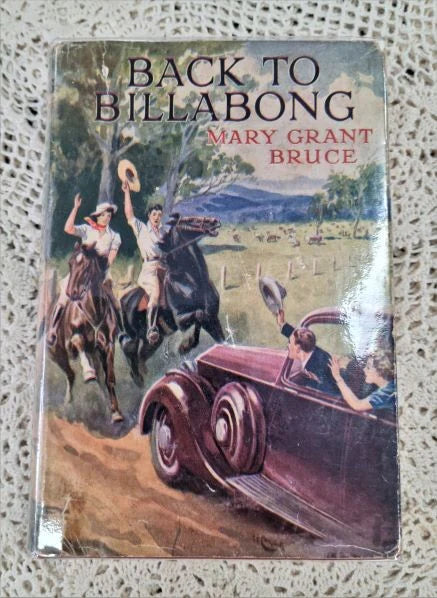Your cart
The Allure of Classic Fiction

Classic fiction books have a magical ability to transport readers across time and space, immersing them in worlds crafted with timeless narratives and unforgettable characters. These literary treasures have stood the test of time, captivating generation after generation with their enduring appeal. Let us delve into the enchanting realm of classic fiction and explore why these books continue to hold a special place in the hearts of readers around the globe.
What makes a book a classic? The term "classic" is often associated with works that possess enduring literary quality and significance. Classic fiction books are distinguished by their ability to transcend the boundaries of time and cultural context, resonating with readers across different generations. These stories often explore universal themes, such as love, morality, human nature, and the quest for meaning, making them relevant to diverse audiences.
-
Time-Tested Themes and Characters: Classic fiction often delves into fundamental aspects of the human experience. Whether it's the exploration of morality in Fyodor Dostoevsky's "Crime and Punishment" or the examination of social class in Jane Austen's "Pride and Prejudice," these themes remain pertinent across centuries. Characters like Elizabeth Bennet, Jay Gatsby, or Sherlock Holmes have become cultural icons, leaving an indelible mark on literature.
-
Masterful Storytelling and Prose: Classic fiction is celebrated for its masterful storytelling and elegant prose. Authors like Jane Austen, Charles Dickens, and Leo Tolstoy possess a timeless ability to craft intricate plots, rich character development, and profound insights into the human condition. The beauty of their language and the depth of their narratives contribute to the enduring popularity of their works.
-
Cultural and Historical Significance: Classic fiction often provides a window into the past, offering valuable insights into the cultural and historical contexts of the time in which they were written. Books like George Orwell's "1984" or Harper Lee's "To Kill a Mockingbird" not only tell captivating stories but also shed light on important social and political issues.
-
Influence on Subsequent Literature: Classic fiction serves as a foundation for many subsequent literary works. Authors and storytellers draw inspiration from the classics, paying homage to their themes, characters, and narrative techniques. The impact of these works extends far beyond their initial publication, shaping the literary landscape for generations to come.
As we navigate the ever-changing landscape of literature, classic fiction books remain steadfast, beckoning readers to embark on timeless journeys. From the eloquent prose of Austen to the social commentary of Dickens, these works continue to resonate with readers, offering a connection to the past while addressing universal truths. In embracing classic fiction, readers not only find entertainment but also a profound exploration of the human experience—a testament to the enduring power of storytelling across the ages. So, whether you're a seasoned reader or a newcomer to the world of classics, there's always a literary masterpiece waiting to captivate your imagination.
Related Blogs
- Choosing a selection results in a full page refresh.
- Opens in a new window.
